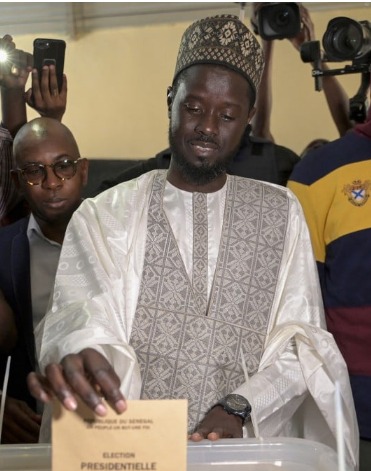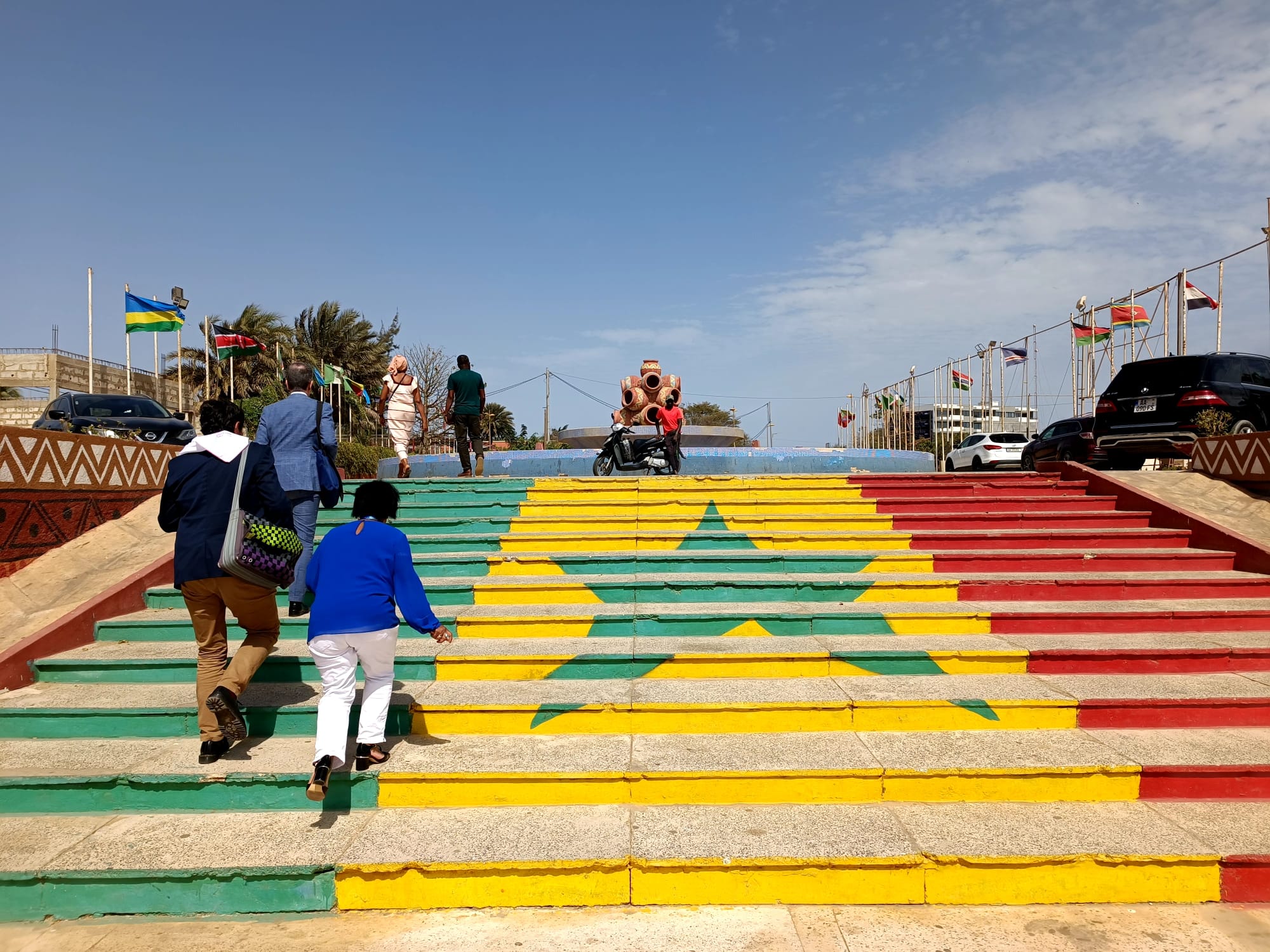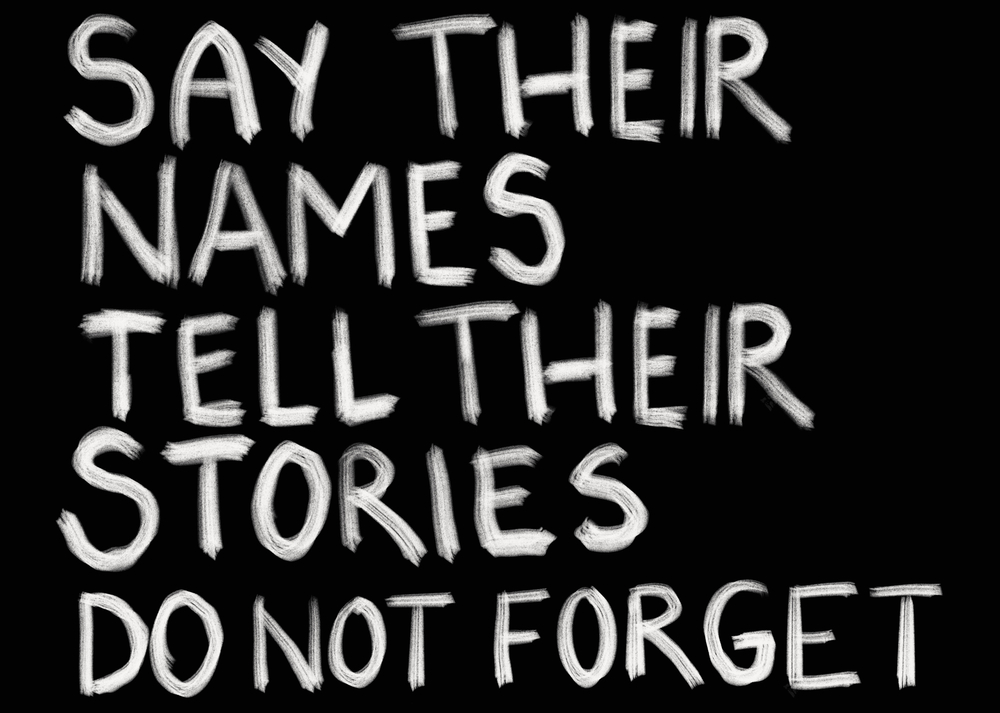Ich freue mich, dass dem Karibikstaat Barbados am 30. November eine friedliche Abnabelung vom Commonwealth of Nations geglückt ist. Als frisch ausgerufene parlamentarische Republik leitet Barbados einen politischen und gesellschaftlichen Umbruch ein. Die Bilder, die uns erreichen sprechen von einem Umbruch in Freundschaft. Dass mit Sandra Mason nun die erste weibliche Staatspräsidentin eines karibischen Staates amtiert, begrüße ich im Besonderen. Premierministerin Mia Mottley von der Barbados Labor Party wird weiterhin die Regierungsgewalt innehaben. Mir der Loslösung Barbados‘ vom Commonwealth wurde eines der großen Wahlversprechen ihrer Partei eingelöst. Motley sagte nach den Festivitäten: „Wenn wir nicht wissen, wer wir sind; wenn wir uns nicht darüber im Klaren sind, wofür wir kämpfen wollen, dann sind wir dazu verdammt, wieder ausgebeutet und kolonialisiert zu werden.“
Dekolonisationsprozesse sind letztlich Prozesse, in denen es um das Erringen einer Eigenständigkeit geht, um das Suchen und auch Finden der eigenen Identität. Denn wenn eines jahrhundertelang nachwirkt aus Zeiten des Kolonialismus, dann ist es die Unterdrückung des je Eigenen, die Unterordnung der eigenen Identität unter die Ansprüche einer selbst ernannten Autorität. Wenn wir mit solchen Begriffen hantieren, also von Abnabelung, Eigenständigkeit und Identität sprechen, dann streifen wir damit unwillkürlich auch Gedanken an Eltern-Kind-Beziehungen. Es muss einen nachdenklich stimmen, wenn sprachlich wie auch faktisch ehemalige Kolonien als Zöglinge einer ehemaligen Kolonialmacht gewertet werden, auch, wenn dies unterschwellig und im Subtext geschieht. Beziehungsstrukturen, auch auf Ebene von Nationalstaaten, in der ein Beziehungspartner im anderen eine zu erziehende, formbare Entität sieht, tun nicht gut. Nicht dem Selbstverständnis einer Bevölkerung, die in der Schieflage solcher Beziehungsstrukturen lebt und auch nicht einer Weltgemeinschaft, die in Frieden miteinander auskommen möchte.
Noch erkennen einige Karibikstaaten wie Jamaika, St. Kitts und Nevis sowie Tuvalu die Oberhoheit der britischen Monarchin an. Aber Barbados hat einen wichtigen Schritt getan und es ist zu erwarten, dass andere Staaten nachziehen werden.




